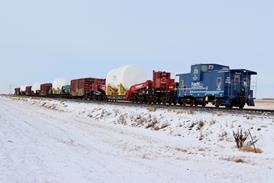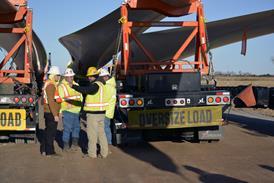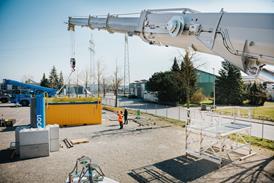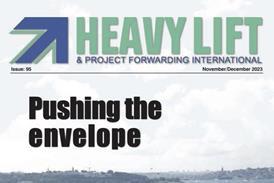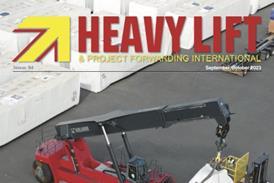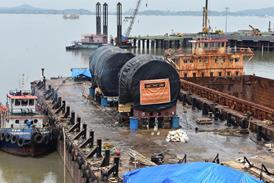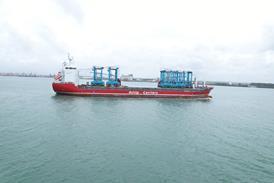January 24 - According to the 2017 Agility Emerging Markets Logistics Index, 43 percent of logistics professionals consider the International Monetary Fund's (IMF) markets growth forecast of 4.6 percent to be too optimistic.
Emerging market growth was 4.1 percent in 2016, and was the first increase in emerging markets growth rate following five consecutive years of decline.
Yet, nearly 69 percent of those surveyed were concerned about a retreat from free trade in 2017, as the repercussions of the volatile previous year (Brexit and the election of President Trump) still brings uncertainty. Furthermore, 24 of the 50 countries, including seven of the top ten, experienced deterioration in their Index scores, reflecting stagnation in global trade growth and turbulence in emerging markets.
While there was not a lot of movement in the overall top ten emerging markets, India's climb past the United Arab Emirates (UAE) to second in the Index was a key point of discussion. Logistics professionals chose India as the emerging market with the most logistics potential and the country where companies are most likely to invest.
Essa Al-Saleh, ceo of Agility Global Integrated Logistics pointed out key road infrastructure developments, which has seen a dramatic increase in road being built per day to 30 km from 2 km, with plans to increase this figure further, as well as a new simplified tax regime.
Al-Saleh was keen to note, the shift in second and third places in the Index should be attributed to India's climb rather than UAE's slip, as UAE maintained its position at the top of the rankings in the areas of business climate, and in logistics infrastructure and transport connections.
China "Entrenched itself further at the top of the emerging market Index," said Al-Saleh, as it remains first in the overall ranking. In the survey, supply chain executives identified the direction of China's economy as the factor most likely to drive global economic and trade growth in 2017.
While China's growth rate slowed to six percent, 66 percent of those surveyed said lower growth will not alter their plans in China.
Iran's gains were the biggest of any country in the Index or the survey, climbing eight spots to eighteenth overall and to ninth (from 15) in emerging markets countries that executives view as having the most potential to grow as logistics markets.
Brazil (seventh), despite a painful recession and the impeachment of President Dilma Rousseff, was chosen as the market with the most logistics potential after India and China. Nearly 57 percent expect the commodity prices to rebound in 2017, although most do not expect significant increases.
Africa's biggest economies - Nigeria and South Africa - were among the countries that fell most sharply in the Index. While smaller African markets - Uganda, Ethiopia, Tanzania and Kenya - were the bright spots, improving their rankings in 2017.
Al-Saleh said that while logistics providers and their customers are concerned that anti-globalisation feeling and populist policies in the UK and the USA could spread and harm trade in emerging markets that rely heavily on exports, the world is more interconnected. He adds: "Trade will follow the path of least resistance," and with emerging markets contributing three quarters of global economic growth, it cannot be ignored.

